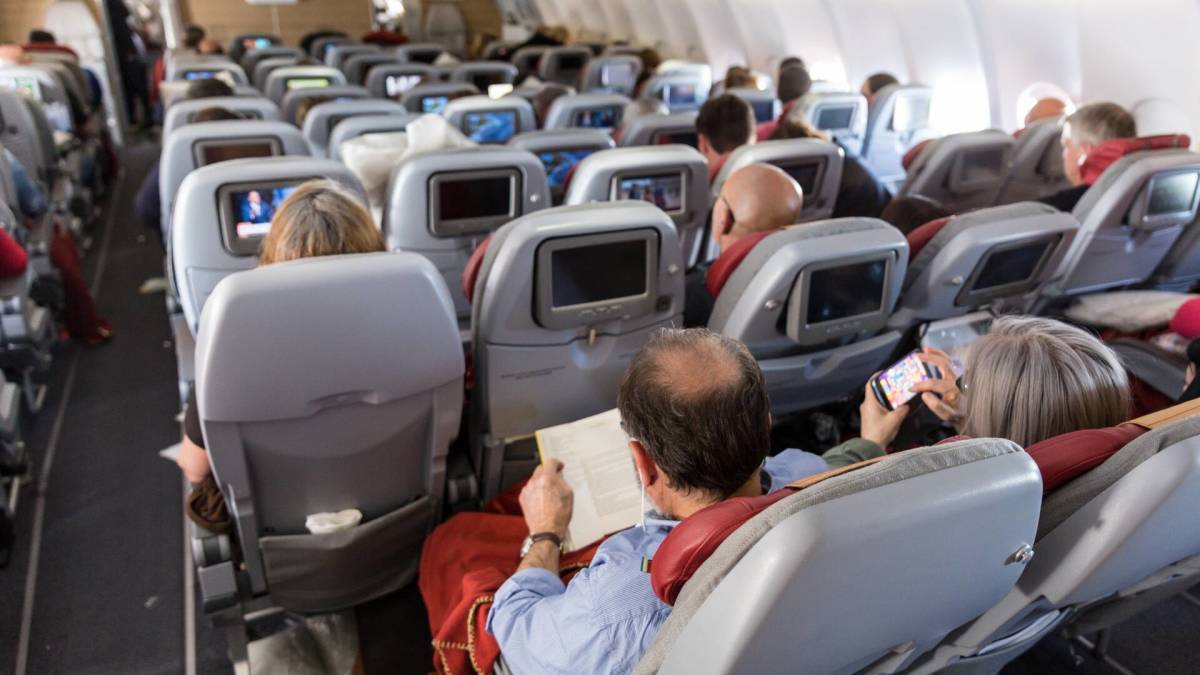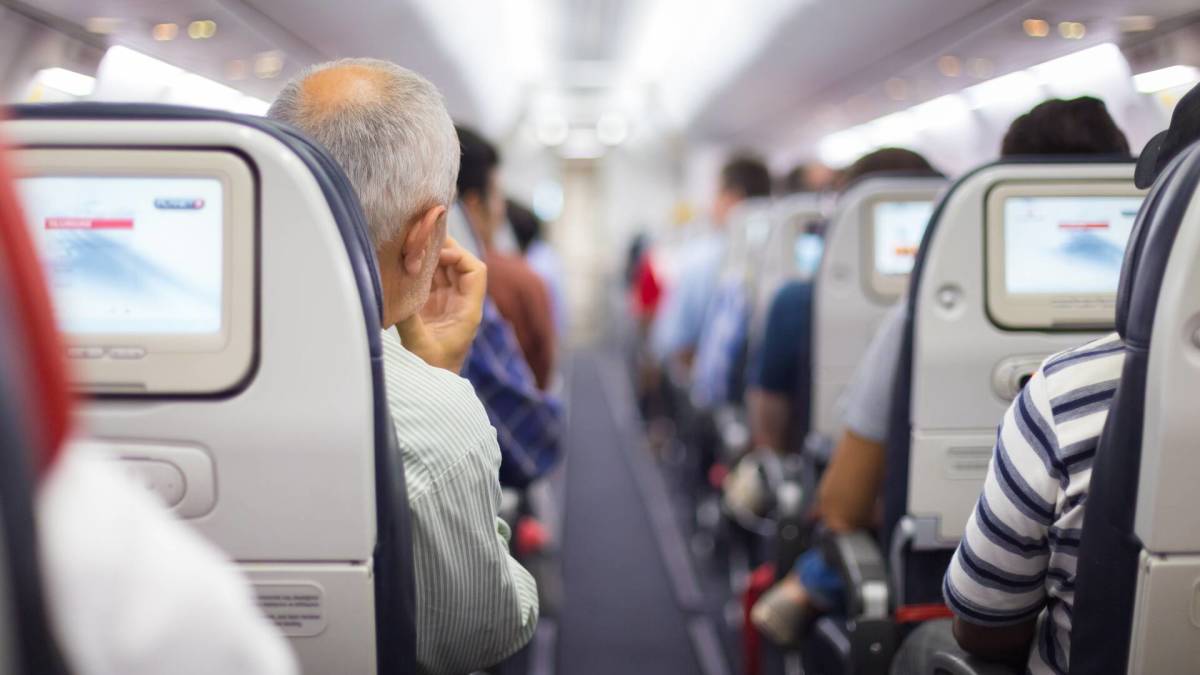
It's actually fairly rare that a company files for Chapter 11 bankruptcy without throwing off signs that it's in deep financial trouble. Observant customers sometimes see the signs.
You might notice lower staffing levels or poor inventory in a retail setting. Restaurants facing financial troubles might drop the quality of their ingredients, cut portion sizes, or find other ways to cut corners.
Related: Fast-food chain closes restaurants after Chapter 11 bankruptcy
It's generally impossible to cut your way to a good financial position unless you were making huge mistakes in the first place. A company might find some savings by examining its operations and focuing on waste in areas customers don't see, but giving people less almost never works.
In many businesses, especially when companies are publicly traded, signs of upcoming financial trouble are obvious.
Public companies have to report their financial results and when there's more money going out than coming in, and cash balances get low, observant analysts can see a company likely to default on its bills that may be headed for bankruptcy well before it happens.
Creditsafe Head of Brand Ragini Bhalla recently shared her company's Financial & Bankruptcy Outlook: Transportation Report and some comments on it with TheStreet.
The report shows that three big-name companies in the travel/transportation space are facing significant financial risk, which is reflected in their stock prices. Bhalla gave some color as to why companies in those markets are struggling.

Image source: Shutterstock
The transportation industry faces a crisis
Bhalla shared her thoughts on what Creditsafe found.
"We are reflecting on the current challenges faced by transportation companies and the total industry outlook. During the pandemic, M&A activity in the industry soared, as transportation players and investors made deals to extend capabilities and acquire high-performing assets. To that end, deal values soared from $51 billion in 2020 to more than $150 billion in 2021, before it dipped to $95 billion in 2022," she said in an email to TheStreet.
Bhalla said she sees a different pattern in 2024.
"While M&A activity in the transportation industry cooled down in 2023, industry insiders are projecting that 2024 will be the year of consolidation. If that’s the case, then it will be more important than ever for both sides (sellers and buyers) to do their due diligence," she wrote.
Not every company that would benefit from being acquired will survive the M&A scrutiny.
"This should include various elements, such as running business credit checks on potential acquisitions to make sure they would be a good investment and aren’t in dire financial straits. It should also include running comprehensive compliance checks to make sure potential acquisitions aren’t violating sanctions, haven’t been convicted of regulatory violations, and aren’t involved in unethical practices like bribery, corruption, fraud, and the use of child/forced labor," she added.
One airline, two rental cars are at risk
Spirit Airlines (SAVE) has been on unofficial bankruptcy watch since the company's merger with JetBlue (JBLU) fell apart. There are real questions as to whether the super-low-cost airline model works, and Creditsafe sees a real risk of the airline ending up filing for Chapter 11 bankruptcy.
"Earlier this year, Spirit Airlines said it was looking to refinance its debt and hopes to refinance $1.1 billion of debt due in 2025," according to Creditsafe. "To make matters worse, the airline doesn’t have a stable track record of paying bills on time."
Not paying bills on time is often a sign that a company is running out of cash.
"Late payments increased over several months in 2023. For example, the number of late payments (1-30 days) rose from 7.00% in September 2023 to 30.87% in October 2023. A similar pattern occurred soon after when the number of late payments (1-30 days) rose from 6.37% in November 2023 to 30.54% in December 2023 and then again to 51.08% in January 2024," Creditsafe data showed.
Investors are shying from the stock. Shares were at $4.29 down 73.8% on the year as of Friday.
Two rental car companies, Avis Budget Group (CAR) and Hertz (HTZ) are facing similar woes.
"Avis Budget Group's long-term debt has consistently increased for the last three years, and how late the company paid its bills spiked drastically from 8 days late in March to 31 days in April and remained high until September 2023," Creditsafe shared.
Hertz has been following a similar path.
"The company’s number of delinquent payments (91+ days) increased consistently during the second half of 2023. For instance, the number of delinquent payments (91+ days) rose from 4.64% in August to 6.90% in September, then rose again to 10.73% in October 2023, indicating it is having trouble paying its bills," according to Creditsafe.
Avis Budget closed Friday at $107.70 and are down 39.2% this year. Hertz finished Friday at $7.58, down 25.7% on the year.







